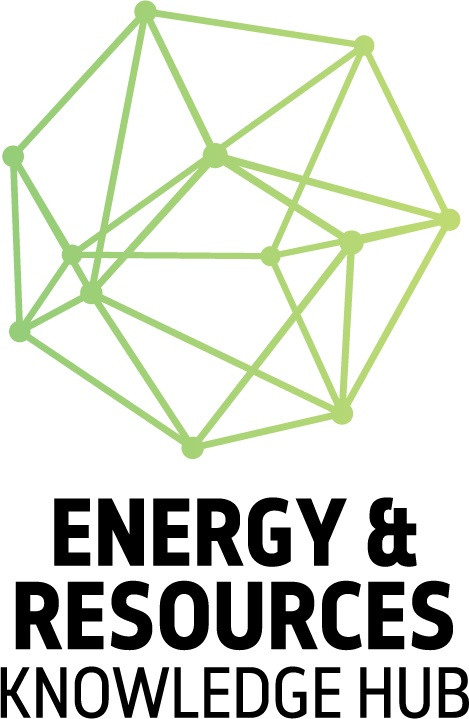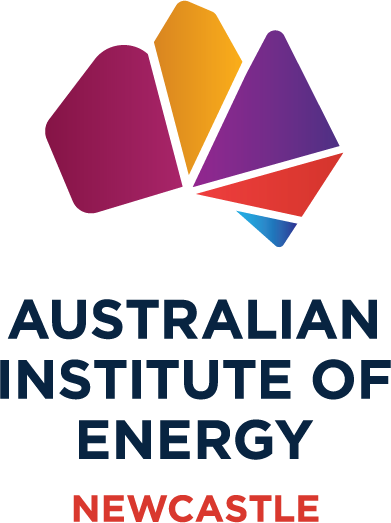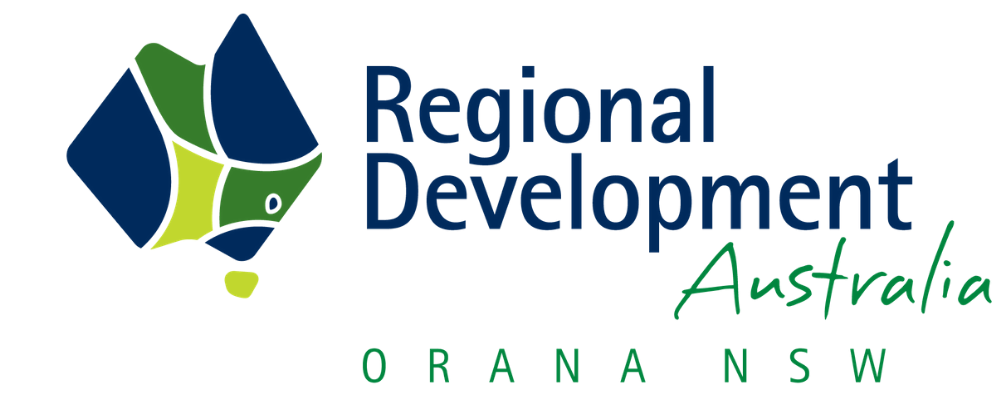The Trailblazer for Recycling and Clean Energy (TRaCE) showcases novel hydrogen tech
The TRaCE program, led by UNSW Sydney and the University of Newcastle, has marked a year of action by unveiling projects focused on advancing hydrogen production and addressing renewable energy challenges

The Trailblazer for Recycling and Clean Energy (TRaCE) program, led by UNSW Sydney in partnership with the University of Newcastle (UoN), yesterday unveiled projects aimed at advancing hydrogen production and addressing key challenges in renewable energy.
By leveraging collaborative partnerships, TRaCE aims to accelerate the development and commercialization of technologies that will drive the transition to a cleaner, more sustainable energy future.
Professor Nicholas Fisk, UNSW Deputy Vice Chancellor, Research and Enterprise said the success of TRaCE points to the huge value add of industry, universities and government working together on research commercialisation.
“It is clear that the work coming out of TRaCE will be a significant contributor to achieving net zero by 2050. At UNSW as at UoN, we are at the forefront of supporting researchers in collaborating closely with industry to create and bring to market innovative technologies of long-run societal benefit, both quickly and efficiently,” Prof. Fisk said.
Two of the TRaCE supported projects showcased yesterday in Sydney involve new hydrogen technologies which are in the process of being brought to market.
Traditional methods of hydrogen production from seawater have been hindered by the need for expensive membranes and the generation of toxic byproducts such as chlorine gas. However, researchers at Vecor Technologies, in collaboration with UNSW experts including Professor Charles Sorrell and Dr. Yue Jiang, have developed novel catalytic materials.
According to CEO Mark Ramsey of Vecor Technologies, "With the demand for hydrogen as a clean-burning energy resource growing exponentially, developing a competitive technical solution to seawater splitting will benefit the environment while creating jobs and investment opportunities for Australian and international energy providers."
In parallel, UNSW researchers led by Professor Rose Amal and Associate Professor Jason Scott are pioneering techniques for renewable hydrogen production from waste streams. This innovative approach addresses both the challenge of water scarcity and the pressing need for sustainable waste management solutions, particularly in remote areas.
“A distinct advantage of our technology is how it can overcome the need for a clean water source to produce renewable hydrogen through electrocatalytic water splitting,” says Associate Professor Jason Scott.
“If we can use a waste stream to generate hydrogen in place of the clean water, we can distribute electrocatalytic water splitting for clean energy in various locations, including in those that are remote or subject to arid weather conditions. A further benefit is waste stream management.”
With a significant investment of $117 million in industry co-funded research and development projects in its first year of operation, TRaCE is poised to revolutionize the clean energy landscape.












